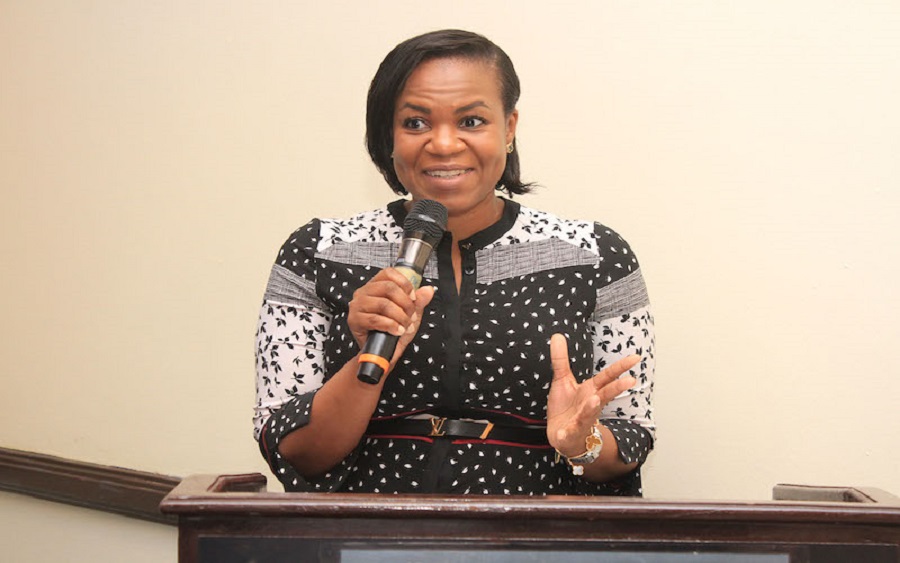Damilola Ogunbiyi, the CEO of Sustainable Energy for All (SEForAll), has said that per capita, the average residents of Sub-Saharan Africa barely have 404 kilowatt-kilowatt hours of power.
She stated this during the Atlantic Council Global Energy Forum, which was held over the weekend between January 14 and January 15, 2023.
According to Ms Ogunbiyi, the reference to the 404-kilowatt-hour power access is for those who have the capacity in the first place. She noted that energy transition affects Sub-Saharan Africans the most because they do not have sufficient energy to start with. She said:
- “When we’re talking about transitioning, we forget that a lot of people don’t even have sufficient energy. So, when we talk about the developing world and my continent, Africa, we’re talking—the just transition to them is getting enough energy to survive and live a dignified life. We’re starting at a scenario where the, you know, per capita the average African with the installed capacity has barely 404-kilowatt hours in Sub-Saharan Africa. That is kind of twenty times less than the average American.”
Highlighting the realities: Ms Ogunbiyi further stated that for the energy transition to be equitable, everyone must remember that people want to industrialize with energy. She said that although it is a great idea to create energy access using renewables, the world can’t transition to cleaner energy technologies and hit net zero while leaving a billion people in energy poverty.
While speaking about what should work for everyone, she said that to achieve a just energy transition, energy efficiency has to be considered. According to her, the developed world has to use less energy so those who do not have energy access can use more energy to increase their energy access.
- “And it’s not about, you know—no offence to people in the space of the solar system, but it’s not about giving a solar lantern and ticking a box that you’ve electrified somebody. It’s giving enough energy for people to live dignified lives,” she said.
Ogunbiyi also talked about financing being at the heart of the energy transition in Africa. She emphasized the issue of the lack of funding needed to upgrade energy access on the continent and to improve the lives of the people who are suffering from climate change effects. She said that even when there is political will on the part of African leaders, the issue of financing is still a challenge. So, the developed countries that have caused a lot of climate challenges, need to put money on the table to enable a social return on investment which will keep people in their localities and foster economic growth for everyone.
- “We always talk about technology breakthroughs, which are so important, but everything we need to provide power to the people who don’t have it—electricity and clean cooking—exists today. What doesn’t exist, is the financing to do it,” she maintained.
According to Ms Ogunbiyi, there is no scenario where energy development and climate do not go together but there are different nuances to achieving energy access and climate goals. She gave an example of Nigeria, stating that it needs to uplift one hundred million people out of poverty and uplift its industrial base. However, what apples in Northern Nigeria may not apply in Southern Nigeria. Also, what applies in Nigeria, may not apply in Ghana or Kenya.
For the record: In its 2022 African Economic Outlook, the African Development Bank (AfDB) said that about 140 million more people were without access to electricity in 2019 than in 1990.
- About 1.75 million public health centres and schools in Africa lack reliable electricity supply, while one healthcare facility in four lacks electricity and three in four lack reliable power.
- 80% of businesses in Africa (except in North Africa and South Africa) experience outages, compared with 66% in South Asia and 38% in Europe.
